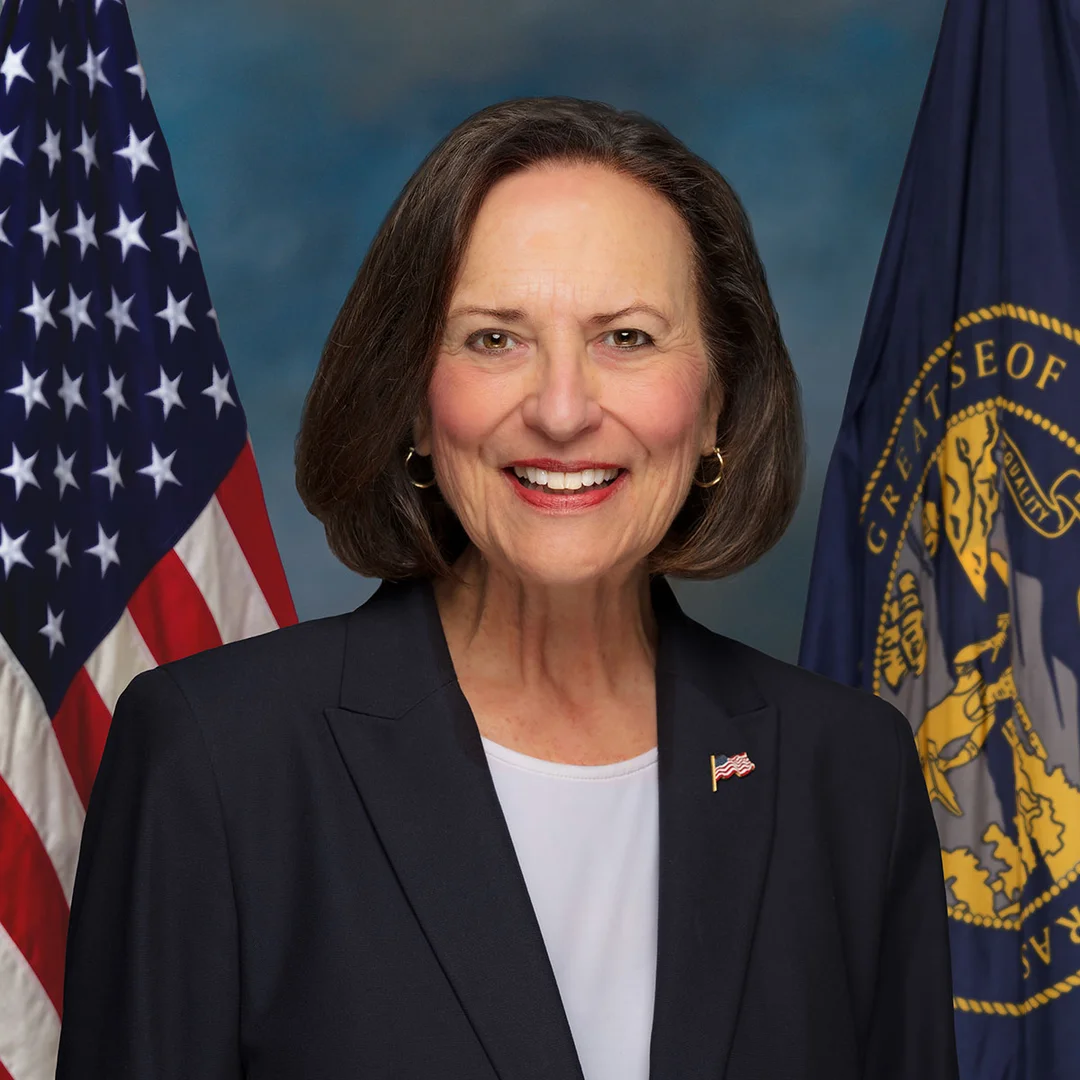
Could California’s Electric Truck Repeal Signal a National Shift in Clean Energy Policies?
In a surprising turn of events that could reshape the future of clean transportation, California has agreed to roll back key parts of its ambitious electric-truck mandate, sparking debate across the nation. This decision, stemming from a heated legal battle led by a coalition of Republican attorneys general, raises questions about the balance between environmental goals and practical economic realities. As one of the world's largest economies, California's policies often set precedents, making this development a potential game-changer for the trucking industry and broader efforts to combat climate change.
The controversy began when a group of 17 state attorneys general, including prominent figures like West Virginia's JB McCuskey and Nebraska's Mike Hilgers, filed a lawsuit against California's Advanced Clean Fleets regulation. This rule aimed to accelerate the shift to zero-emission trucks, targeting fleets operating in the state regardless of their headquarters. Critics argued that it would impose nationwide ripple effects on supply chains, potentially increasing costs for consumers and straining the trucking sector. "This mandate would have crippled the trucking industry and driven up consumer pricing," McCuskey stated in a triumphant announcement, celebrating the settlement as a "victory for common sense."

Under the settlement, California officials, including Attorney General Rob Bonta and California Air Resources Board executive Steve Cliff, pledged to repeal specific components, such as the High-Priority and Drayage Fleet Requirements, which focused on vehicles transporting goods to and from ports. They also conceded not to enforce a 2036 ban on internal-combustion truck sales without federal approval. This move comes amid shifting federal politics, with the new administration signaling opposition to California's waiver requests under the Clean Air Act. As Dean Florez, a member of the California Air Resources Board, explained in an opinion piece, the repeal isn't a defeat but a necessary adjustment to ensure affordability and accessibility for working families in the trucking industry. "If we don't bring affordability into the fight for clean air, we'll lose the very people who move our goods," Florez wrote, highlighting the tension between idealism and on-the-ground challenges like the high cost of electric semis and limited charging infrastructure.
This development underscores a broader divide in environmental policy. On one side, supporters see California's original rules as vital for reducing diesel pollution, which disproportionately affects vulnerable communities through health issues like asthma and heart disease. On the other, opponents, including the Nebraska Trucking Association and states like Alabama and Wyoming, view it as regulatory overreach that could hike prices and disrupt logistics. By comparing the potential economic fallout—estimated to include higher operational costs for small fleet owners—with the environmental benefits, it's clear that the repeal represents a pragmatic recalibration rather than a full retreat. As one analyst noted, this could pave the way for more inclusive policies, such as targeted grants for zero-emission vehicles and expanded charging networks in underserved areas like the Central Valley.
Ultimately, this saga illustrates the complexities of transitioning to a sustainable future. While California's commitment to zero-emission goals remains intact, the episode serves as a reminder that environmental progress must align with economic viability to gain widespread support. As the nation watches, the outcome could influence similar regulations elsewhere, potentially leading to a more collaborative approach to clean energy.
In conclusion, California's decision to repeal parts of its electric-truck mandate highlights the ongoing struggle to harmonize green ambitions with real-world constraints. What does this mean for the future of clean transportation and national supply chains? Will it inspire innovative solutions or slow the fight against climate change? We invite you to share your thoughts in the comments below—do you see this as a step forward or a setback? Join the conversation and help shape the discourse on sustainable policies.